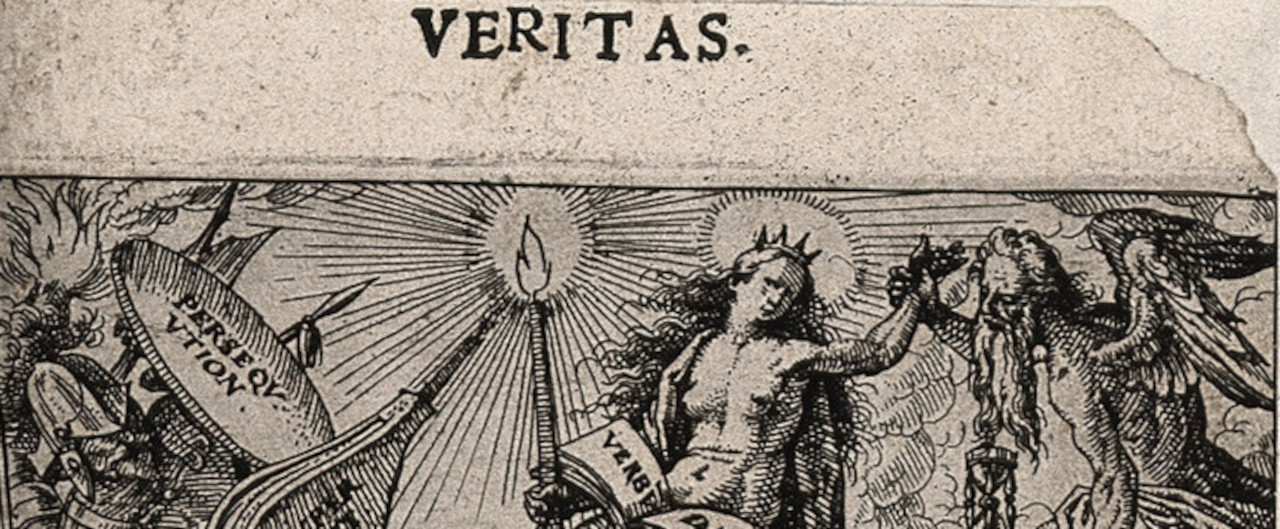If I told you that in 1943 you could be arrested, tortured and deported to a "factory of death" for being part of a minority, would you believe it?
It did happen as part of the Holocaust in World War II. Photographs, recordings, testimonial evidence and a very thorough judicial process in Nuremberg revealed to the world the scale of the barbarity unleashed by totalitarian regimes in 1940's Europe.
But what if the evidence is manufactured with the sensibilities of a different era? What if the knowledge provided by modern sources -like Artificial Intelligence tools- is biased towards the ideals of our times and distorts the historical facts?
A recent media storm unfolded about a ham-fisted attempt of an AI platform to come up with pictures of "German soldiers in 1943". AI dutifully complied with the request and displayed Asian and African individuals of both genders in Nazi uniforms.
As the users of the Interwebz say, 'WTF?'
A black man in 1943 Nazi Germany would likely be arrested and shipped to a concentration camp rather than be allowed to join the Nazi Wehrmacht.
Unbeknownst to a naive AI engine, the 'zeitgeist' of those times was very different from today's. Discrimination and racism were state policy of quite a few countries around the world, and the current scope and understanding of human rights and equality derives, in part, from the suffering of those times.
This is a historical fact that AI needs to account for.
Cultural boundaries and nuances are what define a society in a point in time: they do not say whether the culture is better or worse, they just state what the society aspires to, agrees on and believes in. Sometimes, the state policy is contrary to humanitarian values -as was the case of Nazi Germany or Soviet Russia or Maoist China.
The historical record is filled with instances of oppression and inhumane policies.
But it seems that AI does not take into account the 'zeitgeist' or 'spirit of the times' and it defaults to assuming that history has always been 'good'. This can bring unintended and dangerous consequences: just like in the works of Orwell, the past is being continuously rewritten to fit a narrative that is not the truth.
So the question becomes this, "Do we want to see the truth or do we want to see a 'false truth' that does not hurt our feelings by interpreting the context of our era?"
We need the truth to protect us from ourselves, and to ensure that future generations understand us and our times. We have to defend the truth from usurpers and charlatans. Otherwise we are betraying the memory of those who suffered, and of those who sacrificed their future to end the suffering.
This should be a reason good enough to make AI aware of history, so it can help us to avoid the errors of the past.
Masthead illustration; Truth, etching by Murer, Christoph, 1558-1614. Wellcome Collection
"Elegant code does not exist: it either solves a problem or it does not."
